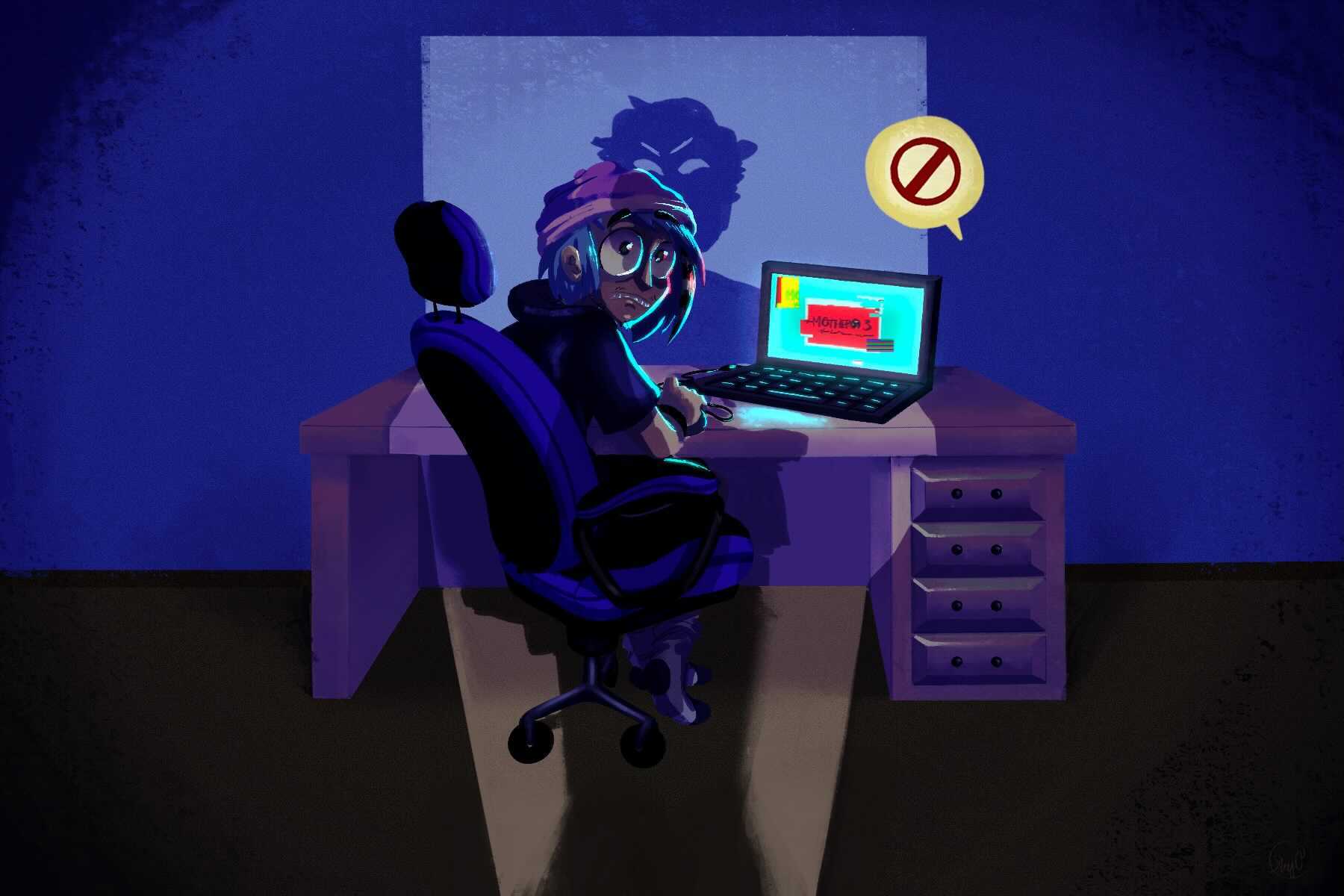Nintendo has many consoles and games that they haven’t manufactured in years; Nintendo’s last iteration of the Game Boy consoles and cartridges ceased production in 2008. The Gameboy Advance, for instance, holds one of the largest and most popular libraries of titles — which means fans weren’t going to let the console’s discontinuation prevent them from playing.
A quick Google search is all you need to find hundreds upon thousands of ROMs from almost any console. The ROM file is a digitized version of a console’s read-only memory chip, which basically means that it’s all the content from the game compressed into a computer file. When combined with an emulator ⸺ which mimics the hardware of a console ⸺ players are able to continue enjoying their favorite past video game hits. ROMs are great for other reasons besides being able to play the original game. Fans can take parts of a game’s file and modify them in ways that create entirely new games called ROM hacks. This concept has been used a lot by Pokémon fans, who use it to create their own Pokémon games, with some adding on to previous titles and others completely starting over to create new worlds.
But ROMing comes with a dark side: Nintendo often threatens ROM-sharing websites with copyright lawsuits. In 2018, Nintendo went after popular sites LoveRoms.com and LoveRETRO.com with a copyright and trademark infringement lawsuit. The websites, which have since been taken down, were places for users to share and download ROMs for games of multiple systems, not just Nintendo games. The lawsuit against the couple who created the website settled at almost $12 million, which many say was particularly high to scare away other ROM-sharing websites. It worked in some ways, as other popular ROM-sharing websites like EmuParadise have taken Nintendo titles off their platform.
Nintendo has ceased production on previous generations of consoles and their games, meaning that the only way people can play older Nintendo titles is by finding those consoles and games online. But Nintendo does not benefit from the physical console and game resale market, which is criticized online for gouging prices. However, how is the company negatively impacted by those that share games for free online?
Nintendo’s online legal information reveals they “lose hundreds of millions of dollars per year to international pirates and counterfeiters,” on games that “[cost] millions of dollars to develop, manufacture, market and distribute.” The website goes on to flesh out more of what counterfeiting means to the company, but most of what is said seems to be in a completely different ocean than sharing ROMs online. They talk about physical counterfeits, like game cartridges and consoles, which would create more of a dent in sales than the existence of ROMs. There is a big problem with counterfeit cartridges especially, as many have trouble seeing minuscule differences in serial numbers that distinguish them from each other.
Another point brought up is that some of the games available as ROMs online could always be remastered or remade by video game companies. If people just played the ROM versions of games, sales might be impacted for the publishers. Nintendo itself offers a library of oldies hits from the NES and SNES for Nintendo Switch Online members. It has even recently developed further with the addition of the Nintendo Switch Online + Expansion Pack that gives members extra access to Nintendo 64 games. However, even with what Nintendo offers, there are still thousands of games unaccounted for that probably won’t be remastered or remade. Fans might be happy to see a few well-known games included with the Nintendo Switch Online membership, but it’s just not enough.
ROMs are a huge component of video game preservation. Video game consoles and their games inevitably age to the point where they will become unplayable. Because of this, internet communities have begun focusing on porting many physical games into ROM files, so that they are kept in a way where they won’t age. The video game preservation community has come together after seeing that big-name video game companies are doing little to protect their own games from the sands of time. Nintendo, in particular, is heavily criticized for this because of its aggressive campaign against ROM distribution. Sega, on the other hand, has been on the other side of this battle with their Steam release of Sega Mega Drive Classics Hub, which gives players access to old Sega titles while also allowing them to share their modified versions of Sega games.
Whether or not you agree on the legality of ROMs, the importance of preserving video games cannot be understated. Video games are cultural relics. Just like movies, books, television and art, video games are a media through which we can understand different perspectives. Using video games as a historical lens allows us to see what was going on at a particular point in time. Even the unpopular games deserve their own spot in someone’s library, and going further than that, they deserve to continue existing forever.
By letting our video games fade away, we will lose an integral part of human-made history. Video games are starting to be discussed as if they are works of art. If Nintendo truly cares about the “millions of dollars to develop, manufacture, market and distribute” a game and all of the hard work and dedication its workers expended into creating the game, why wouldn’t they want to preserve that?
Using ROMs and video game emulators is a simple way for players to play older games from older consoles. You can play games you’ve played before that you want to reexperience, or you can play a game for the first time that you never would have been able to experience without ROMs. No matter what, video game ROMs and emulators are important to the future preservation of video games.
















